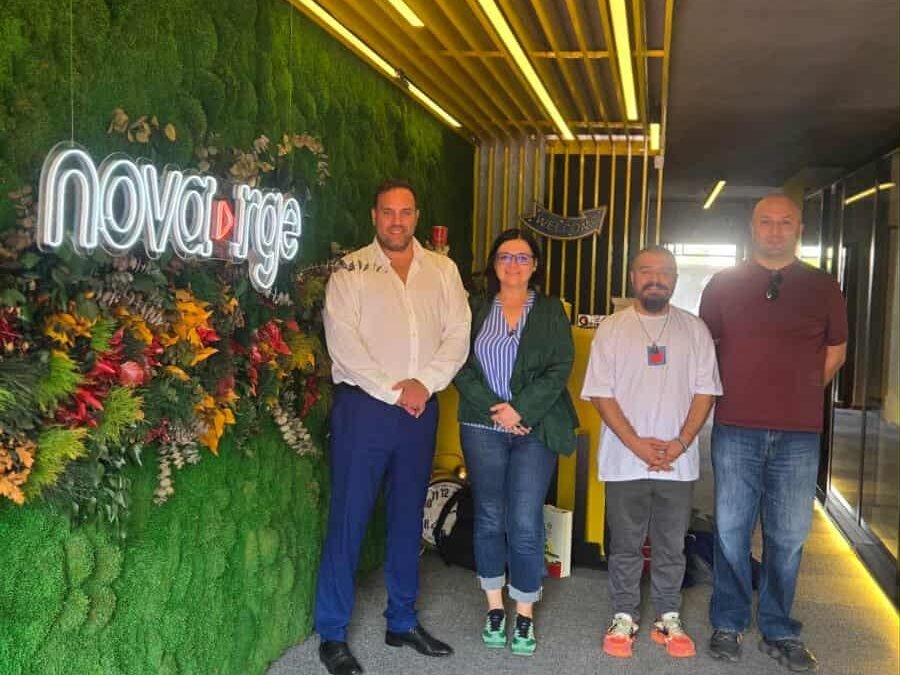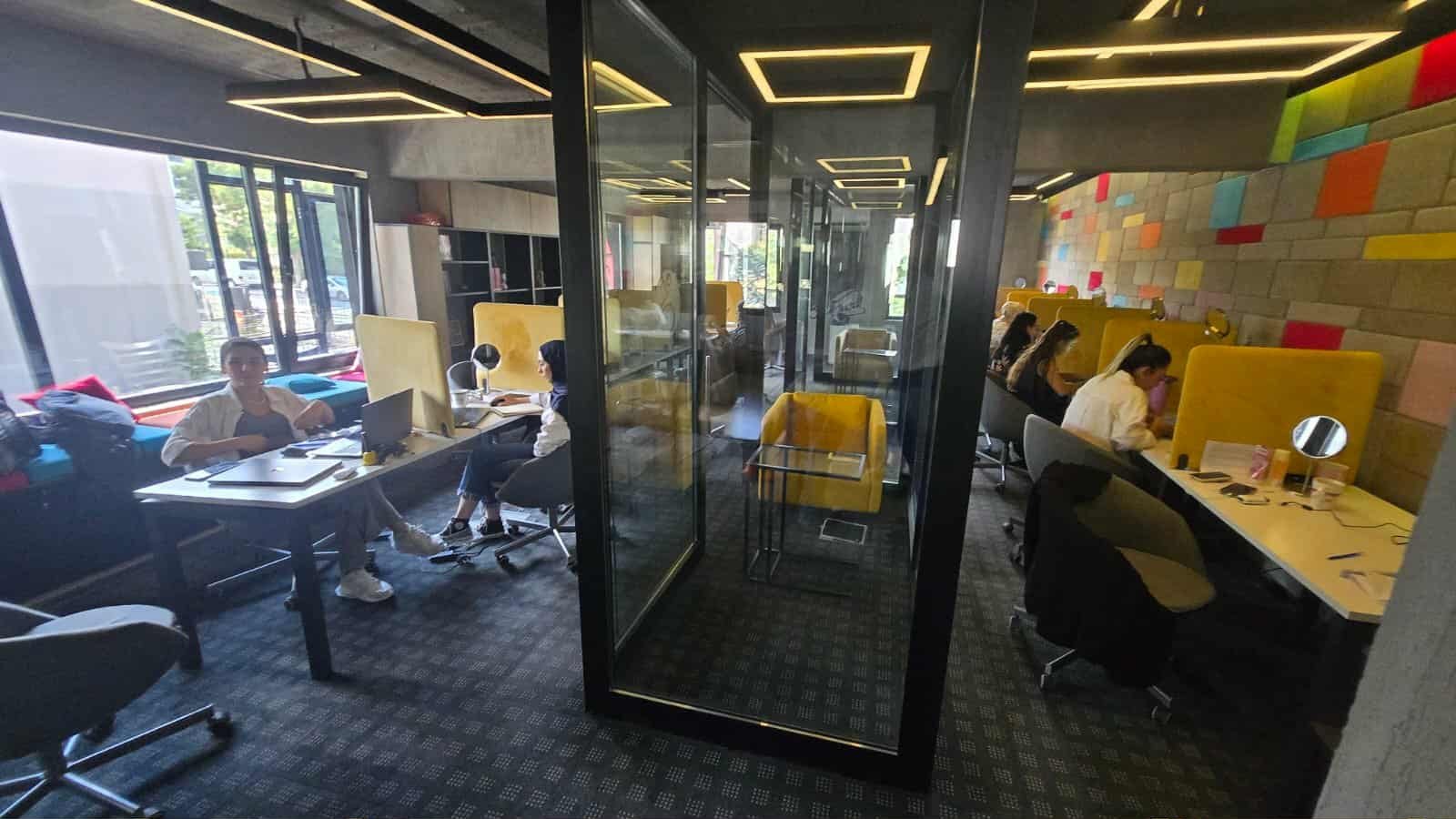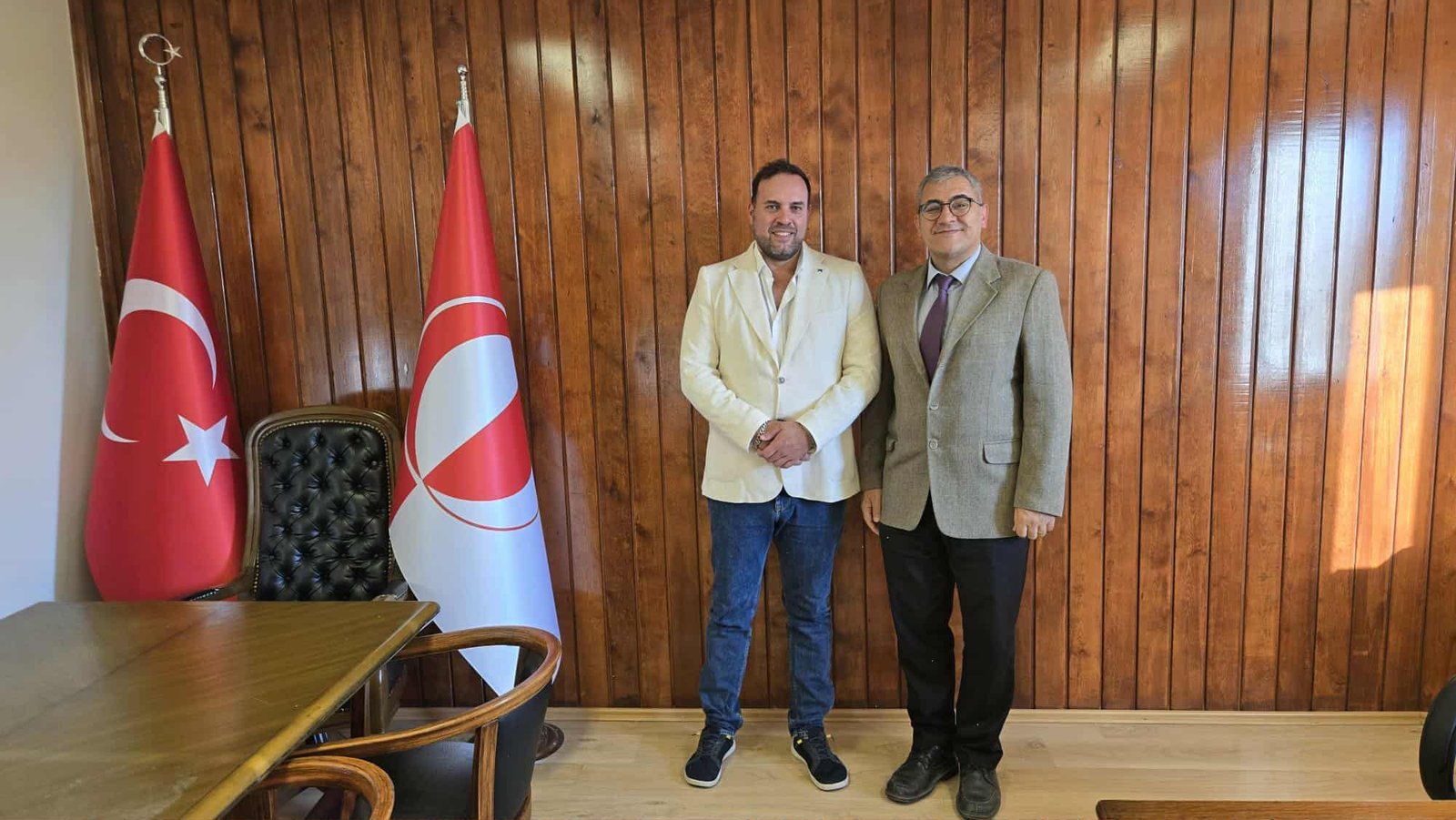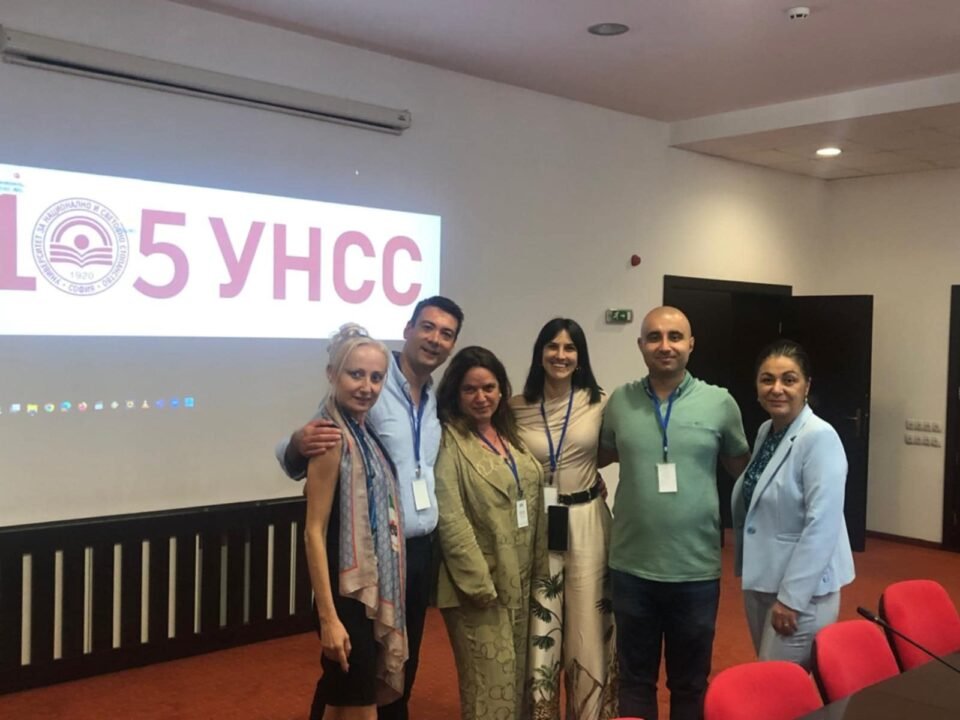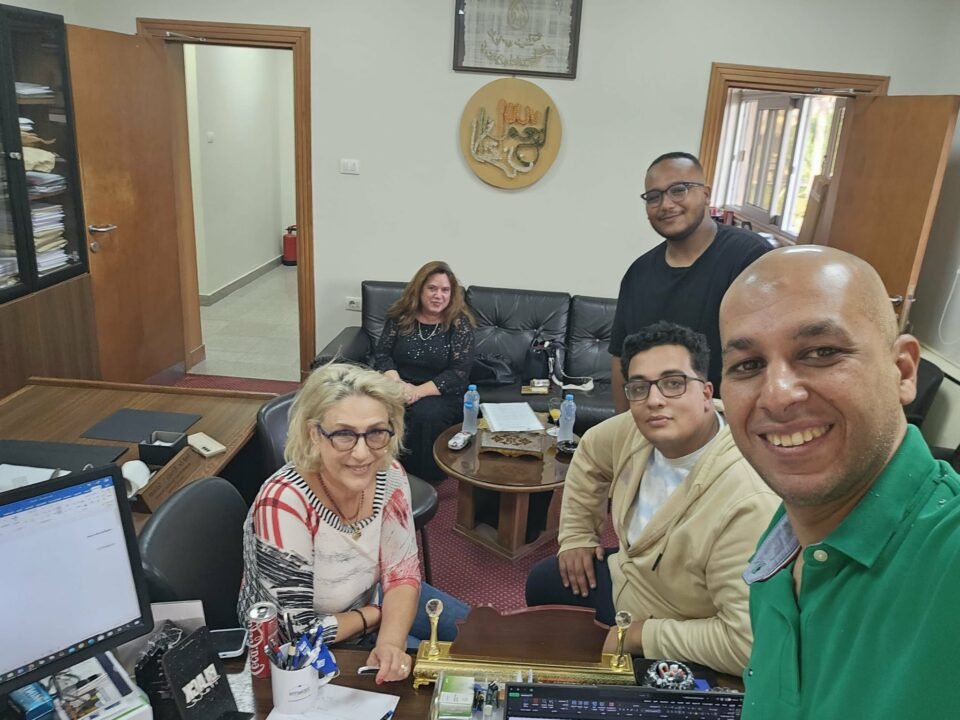Strengthening Transnational Collaboration: Prof. David Ferraz’s Secondment to NOVARGE under the Horizon Europe STUDIES-DIG Project
As part of the Horizon Europe Project STUDIES-DIG—“Models and Instruments for Transforming Higher Education Systems Through Transnational Multisector Links”—Prof. David Ferraz, Project Coordinator at the University Institute of Lisbon (ISCTE), undertook a secondment to NOVARGE BİLİŞİM REKLAM VE EĞİTİM HİZMETLERİ A.Ş., located in Çankaya, Ankara, Turkey. This visit forms part of Work Package 2 (WP2): Outlining Challenges and Future Development in a Multicultural Setting, contributing empirical insights to support the development of transformative tools for higher education systems.
During his stay, Prof. Ferraz was warmly welcomed by the NOVARGE team and engaged in a series of structured activities and discussions. According to the certificate issued by NOVARGE (dated 12 September 2025), the secondment included a combination of fieldwork, analysis, and stakeholder engagement. Key activities comprised:
Guided visits to NOVARGE’s facilities with direct observation of operational workflows;
Comprehensive review of services and digital resources relevant to the STUDIES-DIG project;
Interaction and networking with staff across departments;
In-depth discussions on organizational culture and digital transformation;
Engagements with partner institutions in digital education and distance learning;
Meetings with education sector representatives to explore digitalization trends and expectations;
Document analysis and literature review;
Administration of pre-tests related to the project survey;
Critical discussions on artificial intelligence (AI), digital innovation, and their impact on institutional culture;
Sharing of ISCTE’s experiences, methodologies, and ongoing digital teaching initiatives.
Interviews and Focus Groups: Multidimensional Insights
A key component of the secondment involved conducting interviews and focus groups with NOVARGE managers and staff. These sessions covered a wide range of topics central to the STUDIES-DIG project, including:
Strategies for implementing hybrid and remote teaching;
Telework practices and digital team management approaches;
Identification of digital skills gaps among young people and adults in the labor market.
The growing impact of AI on sectors such as education, media, insurance, and public administration.
NOVARGE’s collaborative efforts with universities such as Middle East Technical University (METU), Turkish Aeronautical Association University, and Ankara Science University;
Social inclusion initiatives, particularly those aimed at enhancing female employability and refugee integration through digital means.
A Dual Mission: Fieldwork Meets Theoretical Refinement
This secondment carried a dual mission: to gather grounded, real-world data and to refine theoretical frameworks under development in WP2. Empirical findings were collected through field observation, interviews, focus groups, and document analysis, with a particular focus on:
The practice and pedagogy of hybrid and remote learning;
Management of teleworking teams and digital workplaces;
The role of AI in transforming work processes and organizational cultures.
Integration of vulnerable groups into emerging digital economies.
NOVARGE’s unique institutional profile—combining education, digital innovation, training, and entrepreneurship—made it an ideal host for this secondment. Its role in establishing a fully digital insurance company and providing cutting-edge training solutions offered a distinctive perspective on how digitalization is reshaping both academic and non-academic sectors.
Strategic Relevance and Broader Impact
Situated in Ankara, a city known for its cultural diversity and institutional complexity, the secondment fostered an environment of mutual learning and exchange between ISCTE and NOVARGE. This collaboration not only strengthened academic and policy relevance but also enriched the analytical toolkit being developed under STUDIES-DIG.
The insights gathered are expected to have far-reaching implications, supporting the design of practical strategies for digital transformation in higher education systems across Europe—and potentially beyond. The experience underscores the importance of cross-sector and cross-cultural partnerships in shaping the future of education in a rapidly digitalizing world.

